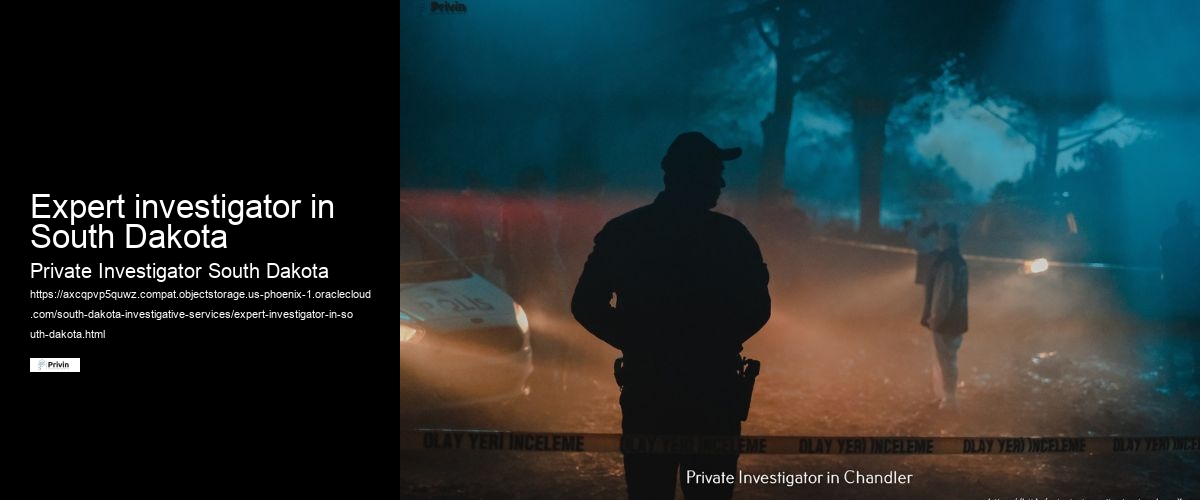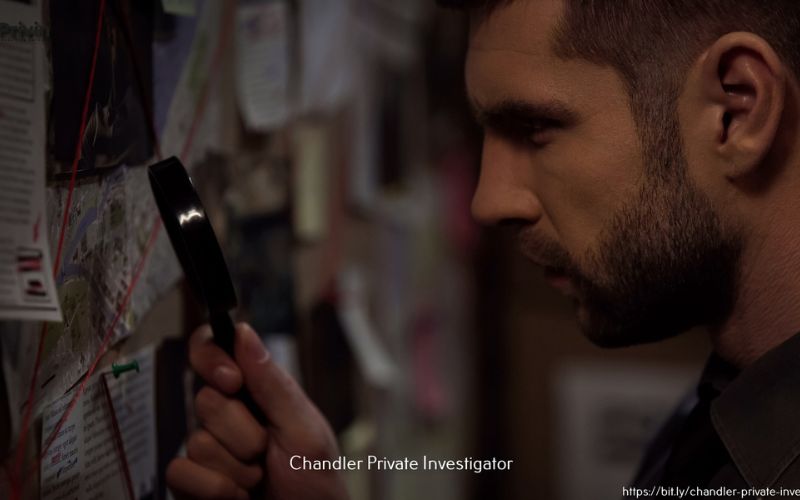
Information Sharing: Maintaining open lines of communication with law enforcement agencies to exchange information, seek assistance when needed, and ensure compliance with any applicable regulations or requirements.
Expertise and Support: Offering specialized investigative expertise and services to complement the work of legal professionals and law enforcement agencies. This can include providing evidence, conducting research, or assisting with witness interviews.
Professionalism and Ethics: Demonstrating professionalism, integrity, and adherence to ethical standards when collaborating with legal professionals and law enforcement agencies. Building trust and maintaining strong professional relationships is essential.
Successfully managing the business aspects of a private investigation agency is vital for its growth, reputation, and long-term success. By establishing a strong foundation, implementing effective marketing strategies, managing finances wisely, and fostering collaborative relationships, private investigation agencies can thrive in the industry and attract a steady stream of clients.
Allan Pinkerton (1819-1884): Allan Pinkerton, a Scottish-American detective and founder of the Pinkerton National Detective Agency, is considered one of the pioneers of the private investigation profession. He played a vital role in solving numerous high-profile cases and protecting the interests of his clients.
Kate Warne (1833-1868): Kate Warne, often regarded as the first female private detective in the United States, worked for the Pinkerton Agency. Her intelligence, investigative skills, and ability to disguise herself allowed her to infiltrate criminal organizations and provide valuable information to the agency.
Frank Abagnale Jr. (born 1948): Frank Abagnale Jr., a former con artist turned private investigator and security consultant, gained fame for his criminal activities in the 1960s. His experiences inspired the book and movie "Catch Me If You Can." Abagnale later used his expertise to help the FBI combat fraud and worked as a consultant.
Pinkerton (born 1957): Pinkerton, a famous pseudonymous private investigator, rose to prominence through his involvement in high-profile cases. His identity remains undisclosed due to the nature of his work, but his reputation for solving complex mysteries and his unique approach to investigations have made him a legendary figure in the field.
Allan Pinkerton: Pinkerton's agency played a crucial role in protecting Abraham Lincoln during his presidency. Pinkerton organized a team to uncover an assassination plot against Lincoln, which led to the successful prevention of the plot. His agency also helped solve the famous Jesse James bank robbery case.

Kate Warne: Kate Warne was instrumental in solving the Adams Express Company embezzlement case, where she successfully infiltrated a group of suspects and obtained critical evidence leading to their arrest and conviction. Her contributions to the Pinkerton Agency set a precedent for female investigators in a predominantly male profession.
Frank Abagnale Jr.: Abagnale's criminal activities, which involved check forgery, impersonation, and fraud, were eventually halted by law enforcement. After serving his sentence, Abagnale worked with the FBI as a consultant, providing valuable insights into fraud prevention and becoming a respected authority on cybersecurity and identity theft.
Pinkerton: Pinkerton's significant cases and contributions remain undisclosed due to the confidential nature of his work. However, his reputation as a master investigator and his ability to solve complex mysteries have made him a legendary figure in the field of private investigations.
Private investigators play a crucial role in various fields, providing valuable services that involve gathering information, uncovering the truth, and assisting individuals, organizations, and legal professionals in their pursuits. They employ a range of techniques, from surveillance to interviews, to collect evidence and provide crucial insights for their clients.
As technology advances, private investigators are adapting to new tools and techniques. Digital forensics, cybersecurity, and data analysis are becoming increasingly important in the field. The use of artificial intelligence and machine learning algorithms to process and analyze vast amounts of data is also expected to impact private investigations.
The field of private investigations offers diverse opportunities and challenges. Aspiring private investigators and researchers are encouraged to delve further into the profession, exploring the latest advancements, legal frameworks, and ethical considerations. Conducting further research can enhance understanding and contribute to the continued growth and development of the field of private investigations.

Private investigators in South Dakota offer a range of services, including surveillance, background checks, locating missing persons, corporate investigations, and more.
To find a licensed private investigator in South Dakota, you can start by searching online directories, contacting the South Dakota Private Investigators Association, or asking for referrals from trusted sources.
The qualifications for becoming a professional investigator in South Dakota may vary, but generally, individuals need to meet certain criteria such as having a clean criminal record, relevant experience, and completing any required training or certification.
While I cannot recommend specific private investigator agencies, you can conduct thorough research online, read reviews and testimonials, and contact multiple agencies to evaluate their credibility and reliability.
The responsibilities of a private detective in South Dakota may include conducting surveillance, gathering evidence, interviewing witnesses, performing background checks, and providing detailed reports to clients.
To hire a private investigator for background checks in South Dakota, you can reach out to licensed agencies or individual investigators who specialize in this area. Provide them with the necessary information and discuss the scope of the investigation.
Yes, many private investigators have the ability to work internationally or collaborate with investigators in other countries. They can leverage their network and resources to conduct investigations across borders, subject to legal requirements and restrictions.
When hiring a private investigator, look for qualifications such as proper licensing, relevant experience, a solid reputation, and good communication skills. Specialized training or certifications in specific investigative areas can also be beneficial.
Yes, private investigations are conducted with utmost confidentiality. Private investigators are bound by professional ethics to maintain the privacy and confidentiality of their clients and the information obtained during the investigation.